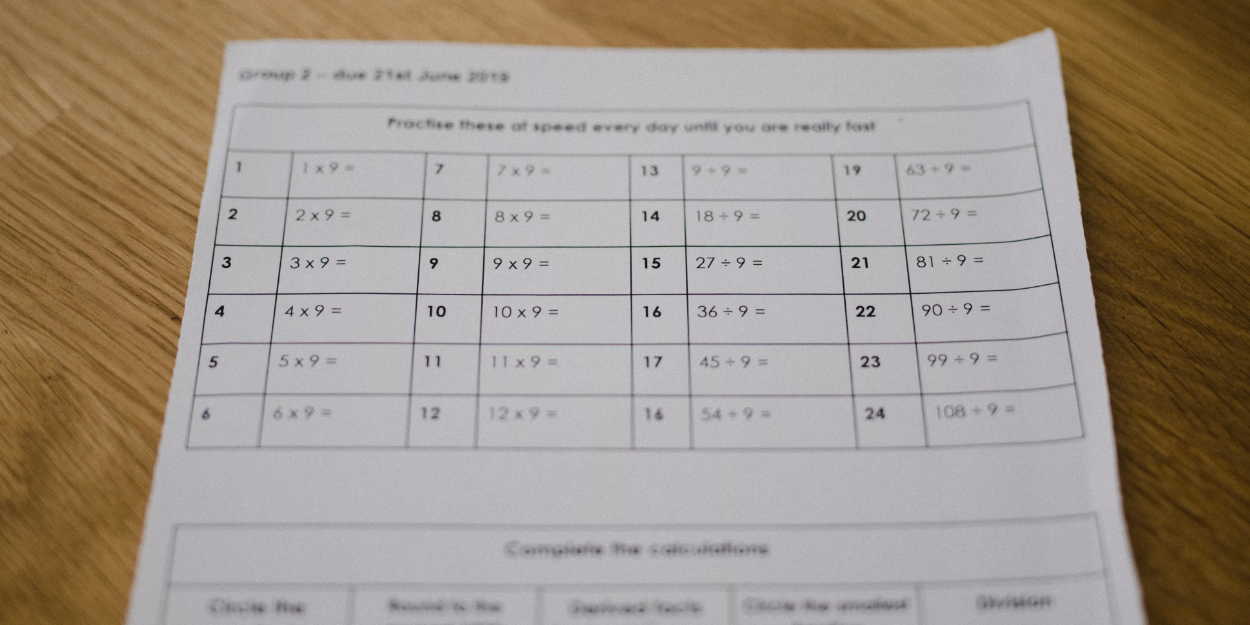Wisconsin’s state superintendent says there is good news in the state’s latest test scores, but not everyone is willing to go that far.
Superintendent Jill Underly on Thursday said the latest Forward Exam and ACT scores “show a slight increase in student performance in both English language arts and mathematics during the 2024-25 school year.”
Underly announced that the tests show “47.7% of students in all tested grades met or exceeded expectations in ELA. While 48.6% did so in mathematics.”
On the Forward Exam, the test given to kids in third through eighth grade, reading scores went-up by 0.3%, while math scores fell 0.3%.
But some education reformers say the new test scores can’t really be used to track how well Wisconsin students are reading or doing in math. (RELATED: Churches Free to Endorse Candidates Ahead of 2026 Elections)
“I advise you to ignore test scores, something I never thought I would say,” Quinton Klabon with the Institute for Reforming Government said on X. “They are no longer good predictors of future success in college nor do they tell you how many students are at grade level. They are just a number.”
That’s because Underly and DPI changed both the scores and categories for the Forward Exam.
What was “Below Basic” is now “Developing.” “Basic” in reading and math is now “Approaching” “Proficient” is now “Meeting” and “Advanced.”
The Wisconsin Institute for Law and Liberty’s WILL Flanders said in a report from last fall that those changes have blurred the lines for too many parents. (RELATED: Green Bay School District Now Required To Proctor Own Elections)
“Wisconsin’s Forward Exam scores were useful in part because they were tied to the national standards of the National Assessment of Educational Progress (NAEP). The NAEP is taken in schools around the country and provided a useful proficiency benchmark for education policy wonks to compare Wisconsin to the rest of the nation,” he explained. “Now, the Forward Exam will no longer be useful in making such an assessment.”
This article was originally published at The MacIver Institute.

